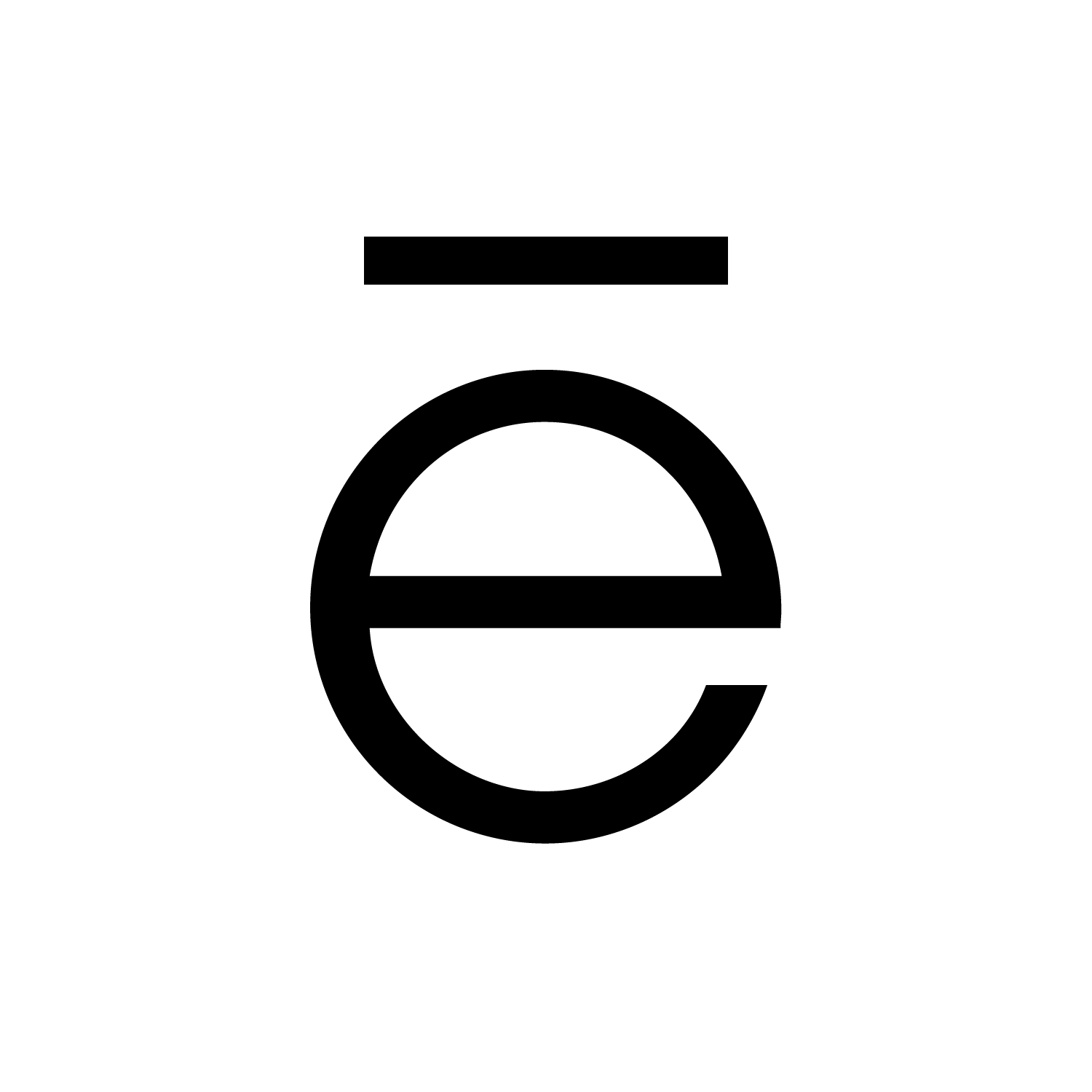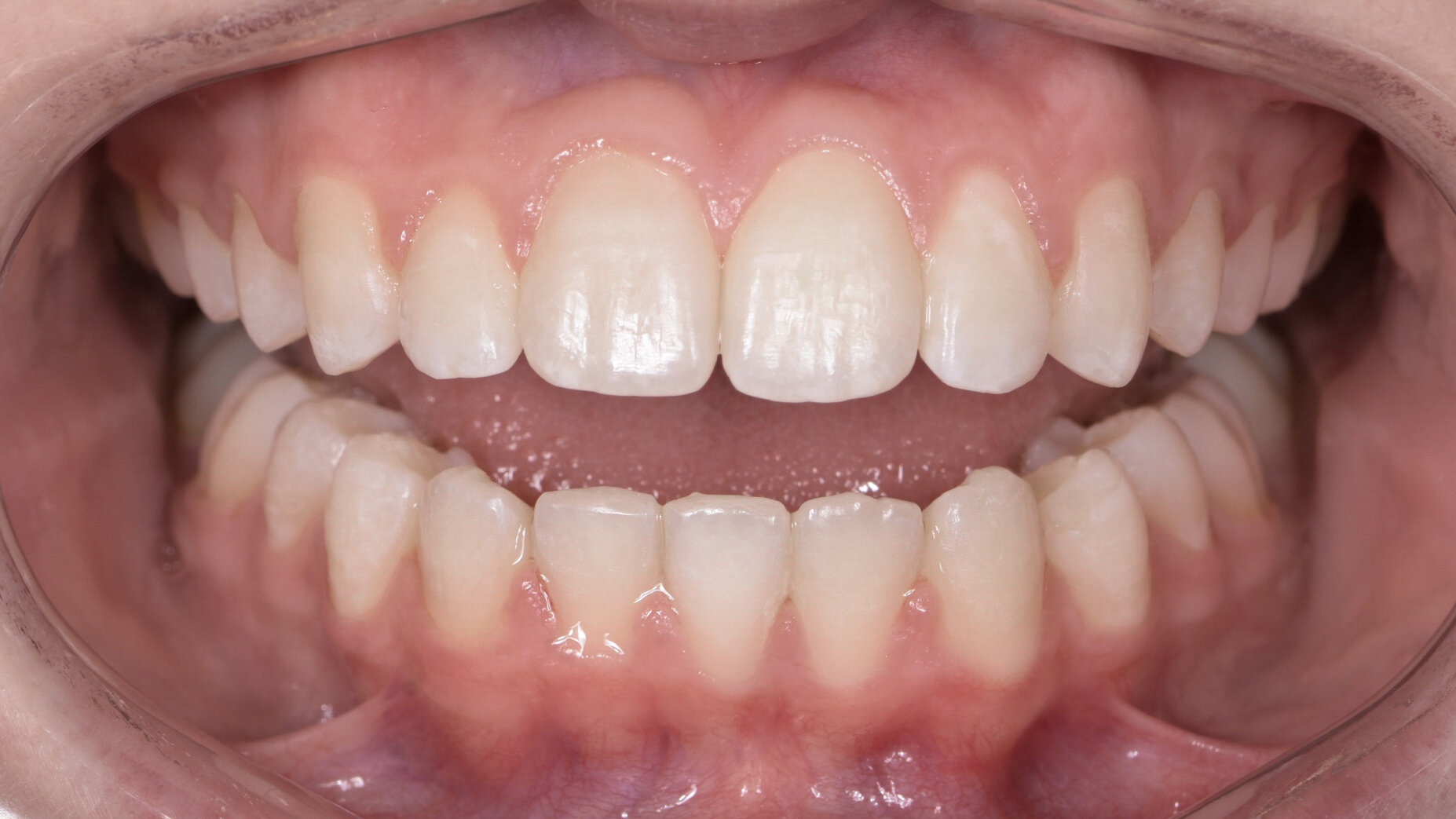Lower Incisor Extraction: An Alternative Approach
The extraction of a lower incisor in orthodontics is uncommon and, in many instances, can hold a feeling of trepidation. It can be an excellent alternative to two premolar extractions with greater efficiency and reduction in treatment duration. A Kesling analogue setup or digital set-up can be useful in these cases for both the clinician and patient to visualise changes.
Indications
Class I Malocclusion
Tooth size anomalies due to Bolton’s mandibular tooth excess
Tooth size discrepancy in the upper arch mesio-distal width (undersized upper lateral incisors)
Ectopically erupted incisors
Anomalies in the number of lower anterior teeth
Class II Malocclusion
Class II Division 1 skeletal and Dental malocclusion with lower crowding but where we want no / minimal lower labial segment retraction
“A kesling analogue setup or digital setup can be used for both the clinician and patient to visualise changes.”
Class III Malocclusion
Mild class III malocclusion with an anterior crossbite
Mild class III malocclusion with an edge to edge relationship / tendency to an open bite.
Non-surgical alternative (camouflage) in mild class III skeletal cases which require mild overjet and overbite corrections
Other Indications
Periodontally compromised mandibular incisor / recessions and bone loss
Adult Orthodontics
Carious / Root filled mandibular incisor
Cases requiring minimal profile changes
Retreatment cases where the intercanine width has been severely expanded and where IPR is not a sufficient alternative
Temporomandibular disorders where a proper overjet and overbite is required for anterior guidance and occlusal stability
“Success is based upon correct case selection. This primarily is the analysis of tooth sizes and gingival biotype.”
What are the advantages of this approach?
Reduces treatment time
Mechanics can be simplified
Decreases the amount of tooth movement required compared to a premolar extraction alternative
Reduces the risk of anchorage loss as the posterior segments are untouched
Minimal profile changes
Posterior occlusion not disturbed significantly
What are the disadvantages of this approach?
Changes in the interproximal papilla which can lead to open embrasures or ‘black triangles’
Midline discrepancy is inevitable
Can cause a Bolton’s tooth size discrepancy if case not selected appropriately
During the orthodontics, the patient may have an aesthetic concern due to the extraction space (a pontic tooth can be placed)
The overjet may be slightly increased



